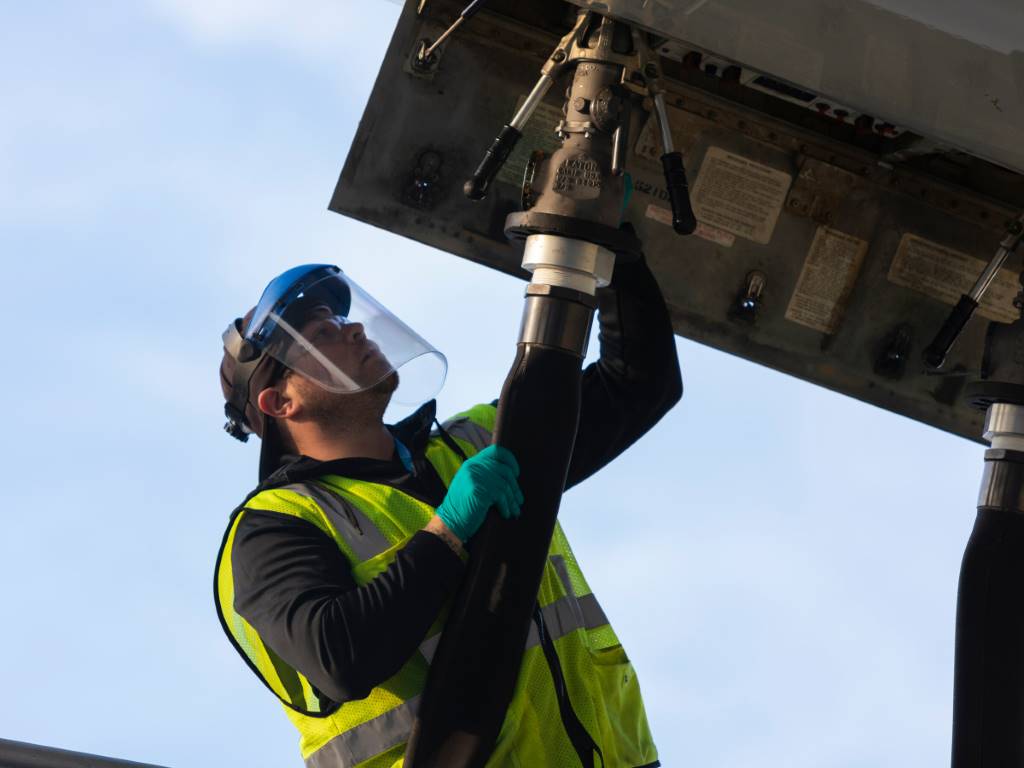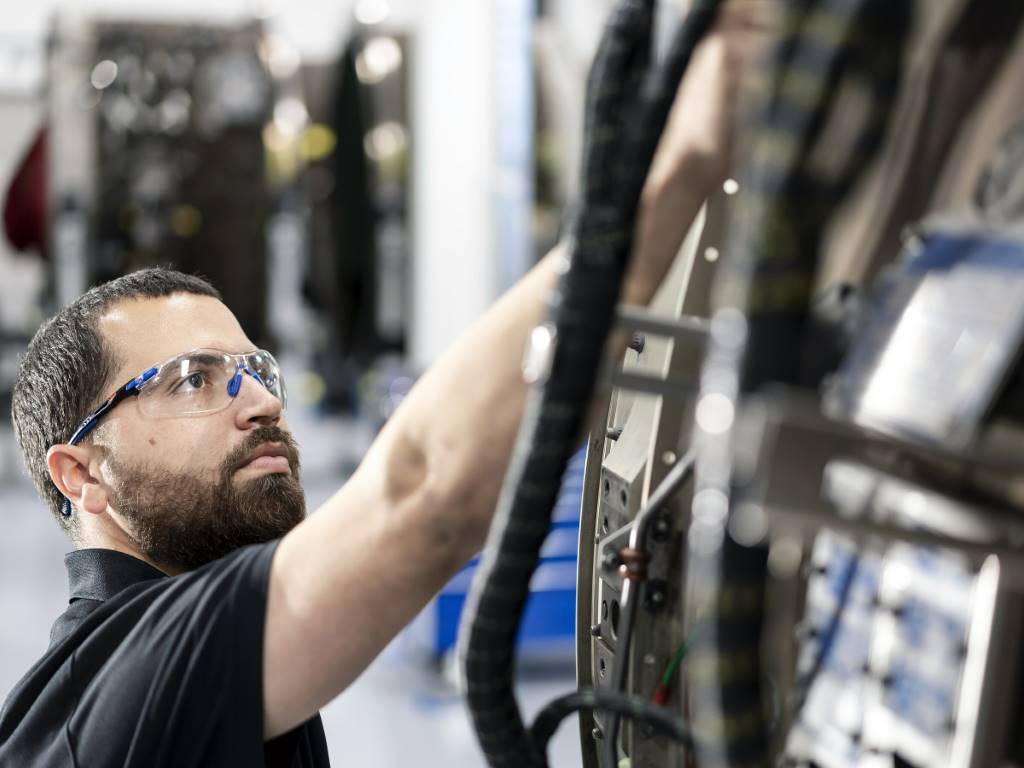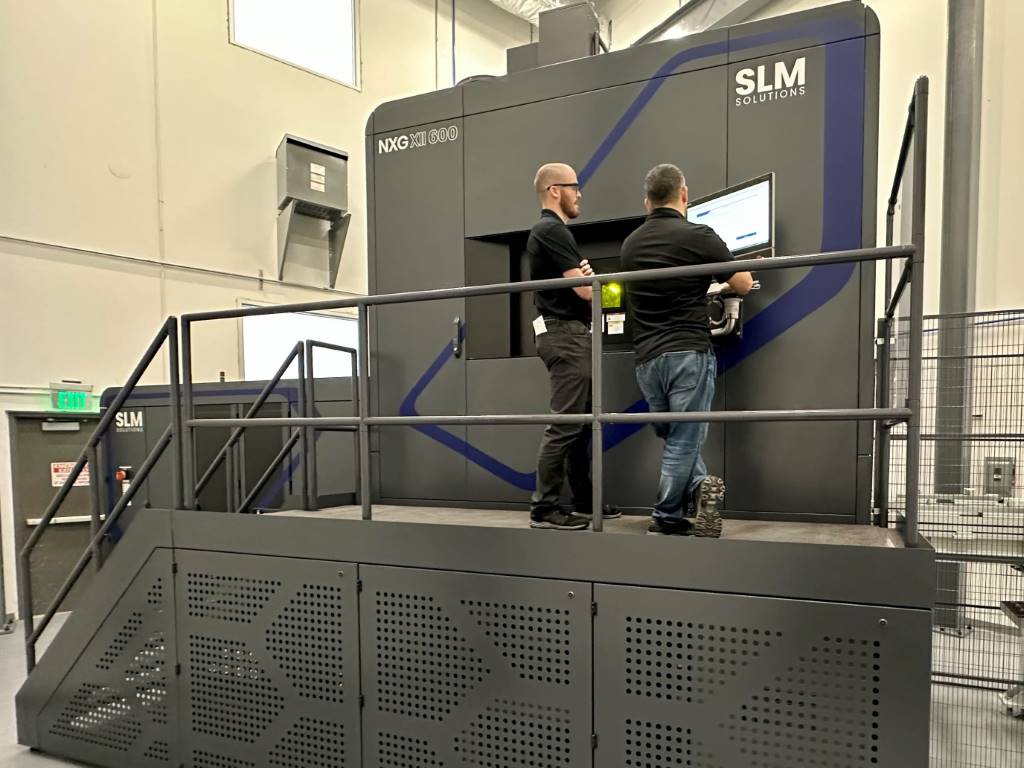Aerospace sector ready for GEFERTEC additive 3DMP technology

Fast production at low costs are the main advantages of wire-based additive manufacturing technologies for aircraft applications.
The industry is among the leaders in 3D printing of metal parts. Within the Regis project, which is funded by the German Federal Ministry of Economic Affairs and Energy, Airbus is working on the application of additive manufacturing together with various companies.
GEFERTEC - represented in the UK by exclusive agent, MT SQUARED - was chosen to contribute as a partner due to its invention of the additive 3DMP technology, which allows for fast and cost-effective production of larger parts. The new method is based on well-proven electric arc welding and is therefore benefiting from wire as original material. The near net-shaped part is formed welding layer by welding layer.
This technology offers a wide range of advantages compared to other additive manufacturing methods, especially when compared with those based on powder as original material. The Regis project intends to overcome the geometrical restrictions, which are given due to the limited working space of other technologies for 3D printing of metal parts.
As alternative, wire-based methods with high production rates up to 650cm3/h employed in combination with joining technology for the manufacturing of integral structural components will now be developed to industry grade standards. When compared to standard manufacturing, the costs are foreseen to be reduced by 50%.
“Airbus considers wire-based, high performance additive manufacturing methods, like GEFERTEC’s 3DMP technology, to provide enormous cost and resource saving potentials in manufacturing of structural components in the aerospace industry. Together with our Regis team partners we aim to develop methods for additive manufacturing of larger parts along the entire process chain,” said Dr Jens Telgkamp, head of Additive Layer Manufacturing Research & Technology (ESCRNA team) with Airbus Operations.
In its first stage, the project focuses of the development using titanium materials. Titanium parts of medium size have the largest saving potential, as the portion of the raw material being milled to chips can reach up to 90% in conventional manufacturing. In the second project phase, the partners will concentrate on aluminium materials, which should allow for new construction methods of aircraft components. The special characteristic of the Regis project lies in the integration of all partners along the complete value chain. This approach has already been successfully applied in previous projects.












